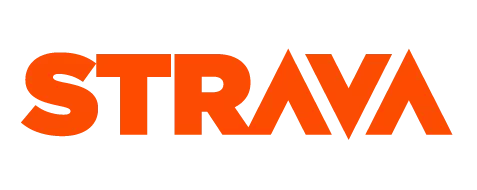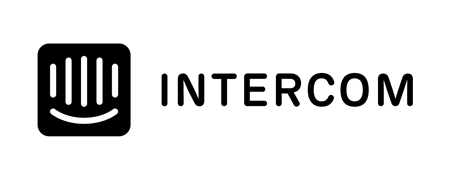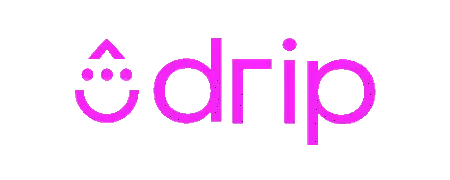Become a Triathlon Coach

How to become a triathlon coach
Triathlon coaching as a profession is relatively new. Although triathlon has been around for a while as a sport it has until recently been in a fledgling stage of professionalism for both athletes and coaches.
Often triathlon coaching becomes a hobby for many passionate triathletes while still maintaining full-time employment. Not everyone who coaches athletes is a professional coach and many never develop their coaching career beyond this point. So how do you become a professional triathlon coach and make it a full-time job?
Training Tilt is a platform that allows triathlon coaches to build a coaching website quickly and offers a toolbox of features required for coaching and for business.
Start a FREE trial! Free business mini course!
Technology is just one piece of the puzzle and there are a lot of other things required to become a successful triathlon coach.
1. Do it for the right reasons
The first key to success is your motivation for becoming a coach. Being passionate about racing and training for triathlon on its own is not a good reason to become a triathlon coach. Coaching Triathlon or coaching anything else for that matter is about helping others achieve their goals. If you aren't truly passionate about helping others then it's extremely unlikely that you will become a successful triathlon coach.
2. Don't go all-in, to begin with
You'll often hear advice that to be successful at something you need to go "all in". For some things, that's good advice but for a career in coaching, it's not. To be a good coach you need knowledge and you need experience. Experience can only be gained by coaching people so it is unrealistic to expect to be successful at coaching people full time from day 1. You need to develop your skill piecemeal. A good way to start is to just coach one or two people in your spare time. You'll make mistakes along the way so having a very small amount of athletes, to begin with, is the best way to learn from your mistakes.
3. Find a mentor (a coach for a coach)
Find a coach who is experienced and skilled and ask them for help. Any good coach loves to help others so many coaches would be willing to take an enthusiastic and motivated new coach under their wing. Mentoring could start off with just tips and advice but could easily lead to being able to take on some of your mentor's athletes if they are at capacity or if they need someone to help with group sessions or planning. Many great coaches start by being great students or deputies.
Don't be afraid to ask someone to mentor you, the worse that can happen is that they will say no.
4. Go back to school
You don't literally need to go back to school but you do need to learn. Depending on the approach you want to take there are plenty of resources on and offline to help you develop your knowledge and schools. Finding a good mentor is great but you should also take the time to teach yourself. There is a broad range of topics to choose from including biomechanics, sports psychology, nutrition, physiology, motivation studies, bike fitting. The list goes on. Start with something you are passionate about and go from there.
5. Get certified
Much of what the great triathlon coaches have learned comes from on the job experience and in some circles, there is a tendency to dismiss the value of more structured and formal education. Whatever your approach to learning, formal courses can take the guess work out of prioritizing what skills and techniques you need to spend your time developing.
You can't get a degree in triathlon coaching (yet) but there are plenty of courses and certifications to help you learn and give you credibility as a triathlon coach. Most national federations offer a triathlon coach certification and the ITU also offer an internationally recognized accreditation. Regardless of your current coaching level there should be a course or certification for you. Along with those official certifications, many industry brands also offer forms of education and certification. Have a look at our summary of triathlon coaching courses and certifications for more info.
All other things being equal, certified coaches will have more credibility and will attract more clients than those without certifications.
6. Don't forget about the business side of coaching
Although not particularly appealing for many budding triathlon coaches, in reality, business and marketing is a crucial part of becoming a triathlon coach. You may be lucky enough to land a job with a federation or a national body but those jobs are few and far between. The most likely scenario is that you will need to start your own business if you want to become a professional triathlon coach. You can read more about some things coaches neglect regarding the business side of coaching.
With the growing popularity of triathlon coaching as a profession, the most successful coaches are the ones that are willing to learn the business and marketing skills required to run any successful business. You can read more about how to stay competitive with other coaches in our post.
We offer an email mini course to help coaches with marketing and technology in their businesses.
7. Create a professional working environment
It's extremely unlikely that as a triathlon coach you will rent office space but it's still very important to create a space that is professional and conducive to motivation and productivity. How that looks for you as an individual will depend on how you like to work but here are some ideas from a few professional coaches using the Training Tilt platform and shared their home office setups with us.
8. Build your authority, not just your expertise
Before you can attract new coaching clients you need peoples trust and respect. The best way to do that as a coach is to earn it by becoming an authority in your field. It's not enough to just be an expert, you have to prove it to your potential customers and you have to do that before they hire you. Here are some tips on becoming and authority not just an expert in your field.
Hopefully, we've given you at least a few ideas to help you get well on your way to becoming a triathlon coach. Along with our blogs, we offer one on one advice to all our coaches who use our platform. Our goal is to help as many coaches as possible build successful coaching business through technology and business and marketing advice.












